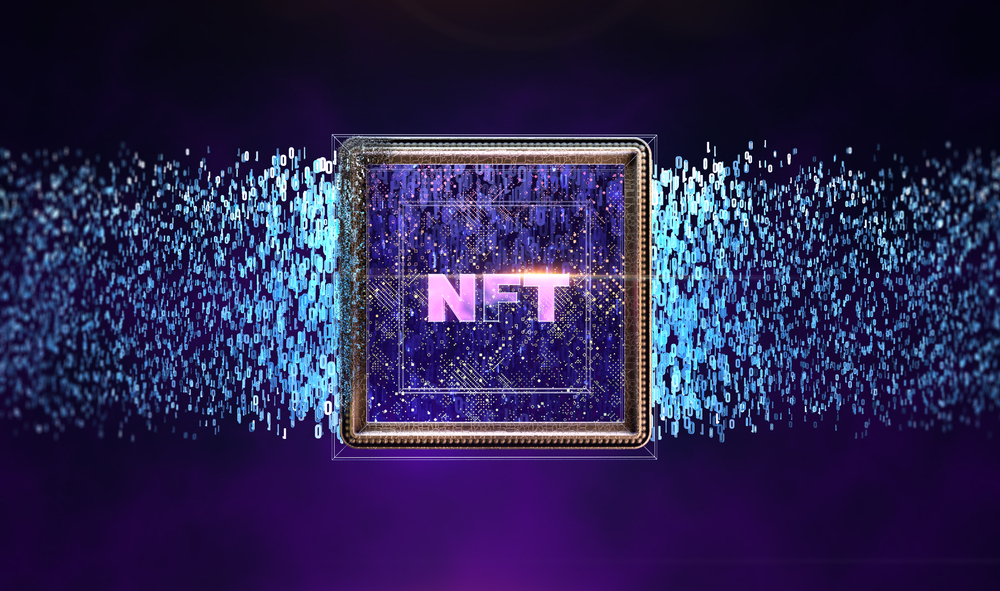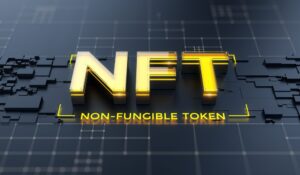The first thing that clicks in most people’s minds whenever they hear about NFTs is beautiful & quirky digital pictures. However, those pictures are only a type of NFT. Non-fungible tokens might be anything from music and art to videos.
Music non-fungible tokens are an attractive digital class that might take today’s music industry to a higher level. For instance, digital art NFTs have begun transforming what we know as the art & art economy.
Meanwhile, music NFTs may also bring equally captivating questions.
If rolled as required, music NFTs might decentralize music, making recording contracts, sponsorship, and labels irrelevant. They might welcome a new genre, allowing individuals to enjoy music uniquely.
NFTs & Music
If you’ve never encountered music NFTs, you might question their existence. How can we have blockchain-based songs, you could ask? What about selling and purchasing the art? Moreover, who would pay for music NFT?
These are logical questions.
Music NFTs are changing how listeners to purchase, share, and make music. Like art NFTs, non-fungible music tokens are one-of-a-kind assets on a blockchain. The blockchain hash is not the music but a record of the song and its owner.
Meanwhile, the limits of owning them are endless. You can own music NFTs as a complete rock album or a ten-second TikTok trend. Also, it might be a comedy, political speech, or sermon. Although music NFTs are yet to capture imaginations like art NFTs, they are well-performing.
Several artists have attempted to create digital music since the music NFTs wave began in 2021. For instance, there’s the Top of the Blocks music chart that trails the success of music non-fungible tokens. The NFTs that topped the chart was cheap, with a few above $300. However, increased interest magnified their popularity, pushing them to the $3,000 peak.
Meanwhile, some celebrities ventured into them. For instance, the legendary Snoop Dogg revealed plans to introduce NFTs to Death Row Records, making it the first non-fungible token record label. Also, Universal Music allowed artists to discharge music NFTs recently.
How Music NFTs May Transform Music
The first and crucial way NFTs might transform the music market is via monetization. Indeed, money is among the things individuals underestimate when interacting with the music business. People rarely acknowledge how vital money is when artists want to hit big.
Success in this industry is no longer about talent but how much an artist can spend to market the project.
Music is like other products in the marketplace. Product quality and market budget are essential.
Unfortunately, most talented musicians can hardly get adequate cash to promote their projects without materialistic record labels. Music NFTs will allow these unsuccessful and talented musicians to sell their work directly to fans.
They can then use the money to promote their projects, investing in shooting quality videos, brand advertisement, and marketing. That could be a lucrative gateway to success for up-and-coming artists. Moreover, Music NFTs will allow artists to control their work.
Finally, they may open gates for creative partnerships between musicians. Musicians and digital artists might work together to build an art and music NFT collection, introducing a unique form. Moreover, music NFTs can allow artists to share new content without DSPs since there are upgradeable. Things seem endless here.
Feel free to share this article.
Disclaimer: NFTs and Cryptocurrencies are highly volatile, conduct your own research before making any investment decisions. Some of the posts on this website are guest posts or paid posts that are not written by our authors (namely Business Voices content) and the views expressed in these types of posts do not reflect the views of this website. Please read our full disclaimer here.




